Cold and Flu season stats To start, there are over 200 different viruses cause influenza and influenza-like illness (fever, headaches, aches and pains, coughs, runny nose). According to a recent Cochrane review, the flu vaccine might only be effective against Influenza A and B, which represents about 10% of all circulating viruses (Jefferson et al, 2013). The authors’ conclusion from that review was, “Influenza vaccines have a modest effect in reducing influenza symptoms and working days lost. There is no evidence that they affect complications, such as pneumonia, or transmission.” (Jefferson et al., 2013). Period of Contagiousness You may be able to pass on the flu to someone else before you know you are sick, as well as while you are sick. Most healthy adults may be able to infect others beginning 1 day before symptoms develop and up to 5 to 7 days after becoming sick. Some people, especially young children and people with weakened immune systems, might be able to infect others for an even longer time. How Flu Spreads Most experts believe that flu viruses spread mainly by droplets made when people with the flu cough, sneeze or talk. These droplets can land in the mouths or noses of people who are nearby. Less often, a person might also get flu by touching a surface or object that has flu virus on it and then touching their own mouth, eyes or possibly their nose.
Additional Helpful Measures Think drinking tea is just for your grandma? Well think again! Herbal Teas In a Harvard study, they found that people who drank 5 cups a day of black tea for 2 weeks had 10 times more virus-fighting interferon in their blood than others who drank a placebo hot drink. The amino acid responsible for this immune boost, L-theanine, is abundant in both black and green tea—decaf versions have it, too. Your optimal dose: Several cups daily. To get up to five times more antioxidants from your tea bags, bob them up and down while you brew.
Infusion vs. Decoction
An infusion is a water-based preparation made by steeping leaves, flowers, and other non-woody parts of a plant in either hot or cold water. The traditional cup of herb tea is the archetypal infusion. A decoction is also water based, but it’s done by gently simmering the herb in boiling water. This method is used for tougher plant parts, such as roots, barks and seeds. Powders: What are they good for? Usually when people think of tea they think of the leaves and flowers of the plant in a cup of hot water. However, there are certain herbs that are better made into an infusion using the powdered form. For example, some herbs are rich in volatile oils that are medicinally useful and when boiled will evaporate and be lost. Valerian root is an example of a woody part that would be better ground to powder and prepared as an infusion. The preparation method usually depends on the use of the herb. This is why it is important to consult with a trained practitioner because they can help you select the most appropriate herb and preparation method based on your particular health concerns. Note: This presentation is not meant to replace the advice of a trained practitioner. In order to formulate a proper treatment plan, you should consult with your Naturopathic Doctor or other health care provider. Resources: Center for Disease Control and Prevention. (2013). Seasonal Influenza: Key Facts about Influenza (Flu) & Flu Vaccine. http://www.cdc.gov/flu/keyfacts.htm Hoffmann, D. (2003). Medical Herbalism: The Formulation and Preparation of Herbal Medicines. Healing Arts Press. Print. Jefferson et al. (2013). Vaccines to prevent influenza in health adults. http://summaries.cochrane.org/CD001269/vaccines-to-prevent-influenza-in-healthy-adults. Ontario Association of Naturopathic Doctors. (2013). Staying Healthy in Cold and Flu Season. http://www.oand.org/staying-healthy-in-cold-and-flu-season/ Public Health Agency of Canada. (Nov 2, 2013). Flu Watch: Influenza/ILI Activity (geographic spread). http://www.phac-aspc.gc.ca/fluwatch/13-14/w44_13/pdf/fw2013-44-eng.pdf
1 Comment
|
Sarah Connors
I am a Naturopathic Doctor and Doula providing care in the Kitchener-Waterloo area. I have a passion for helping people with their health issues and improving the birth experience for Moms, and their babies. I also have a life long love affair with soccer, curling, and the alto saxophone. Archives
November 2020
Categories
All
|
Photos from Rural Royalty, manu flickr2010, Ryan Dickey, wocintechchat, huskyte77, paulswansen, Black Room Photography, harum.koh, Emery Co Photo, JeepersMedia, BrownGuacamole, wellnesswildflower, JeepersMedia, vastateparksstaff, colindunn, seelensturm, /\ \/\/ /\, 50mm.za, The Simpsons (Lee, Shirley, Luke and Rachel), AGRONAUTI, aivas14, Jonathan Rolande, winnifredxoxo, juhansonin, osseous, nan palmero, Theo Crazzolara, brianfagan, TP studio, wuestenigel, torbakhopper, anka.albrecht, Michael Stern, [-ChristiaN-], franchiseopportunitiesphotos, terren in Virginia, nateOne, barnimages.com, Dun.can, wuestenigel, @lattefarsan, amandabhslater, aphrodite-in-nyc, nutritionaldoublethink, Anne Worner, donnierayjones, mikecogh, angeloangelo, Rob.Bertholf, getaiwan, Lida Rose, matsuyuki, SurFeRGiRL30, marcoverch, amsfrank, mdaltry, nutrition education, Mike Prince, Edsel L, Neighborhood Nini, philipp.alexander.ernst, Mediocre2010, homethods, quinn.anya, Gamma Man, katerha, Eric Kilby, National Institutes of Health (NIH), rcmd_cfdfw_5_2, curtis palmer, Ray in Manila, frankieleon, Airsoftpal.com, byzantiumbooks, cchana, Brian Legate, Matt Lavin, BradHinton, monpetitchouphotography, wuestenigel, alexisjordanlewis, ByEPhotos, erix!, RLHyde, return the sun, quinn.anya, mliu92, frankieleon, loudista, Lyn Lomasi, upslon, derrickbrutel, cchana, National Institutes of Health (NIH), watts_photos, marcoverch, derrickbrutel, francesbean, weegeebored, Airsoftpal.com, Etwood, wu_135, shixart1985, Ingrid Taylar, VeritasFotografie, BioDivLibrary, emmanuelmorales1, Thanks for 1.5 Million Views!!, Will Merydith, reader of the pack, RoxyHobbs, Khanelle Prod' Medias, storyvillegirl, agromonitor, Arenamontanus, six:eleven, cote, SweetOnVeg, nenoirenediaz, lucianvenutian, markhillary, anotherlunch.com, inkknife_2000, archibald jude, rawtrigger, Imaginary Museum Projects: News Tableaus, Pavel P., Courtney Emery, Thien Gretchen, physiognomist, bark, Michigan Municipal League (MML), alberth2, Merelymel13, neofob, Care_SMC, Parker Knight, B*2
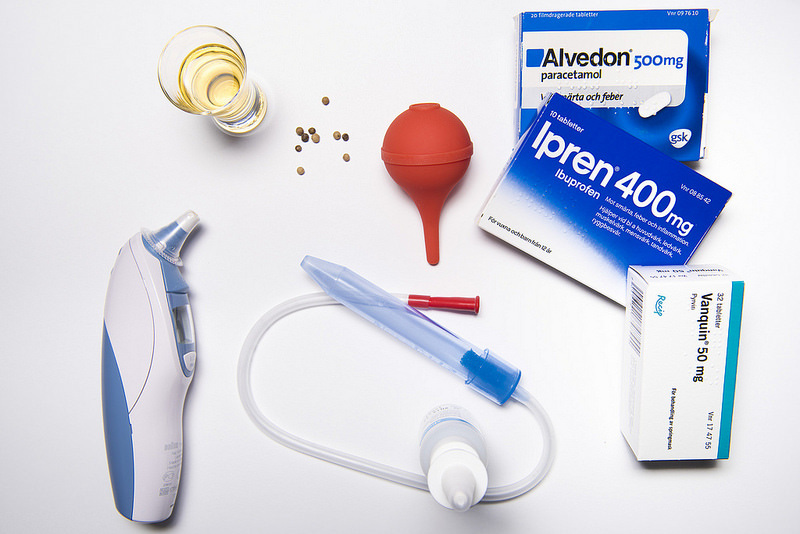
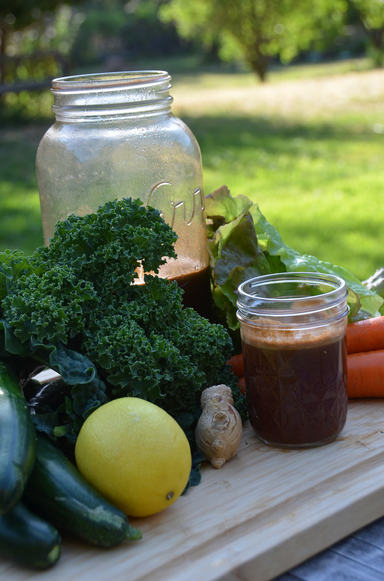

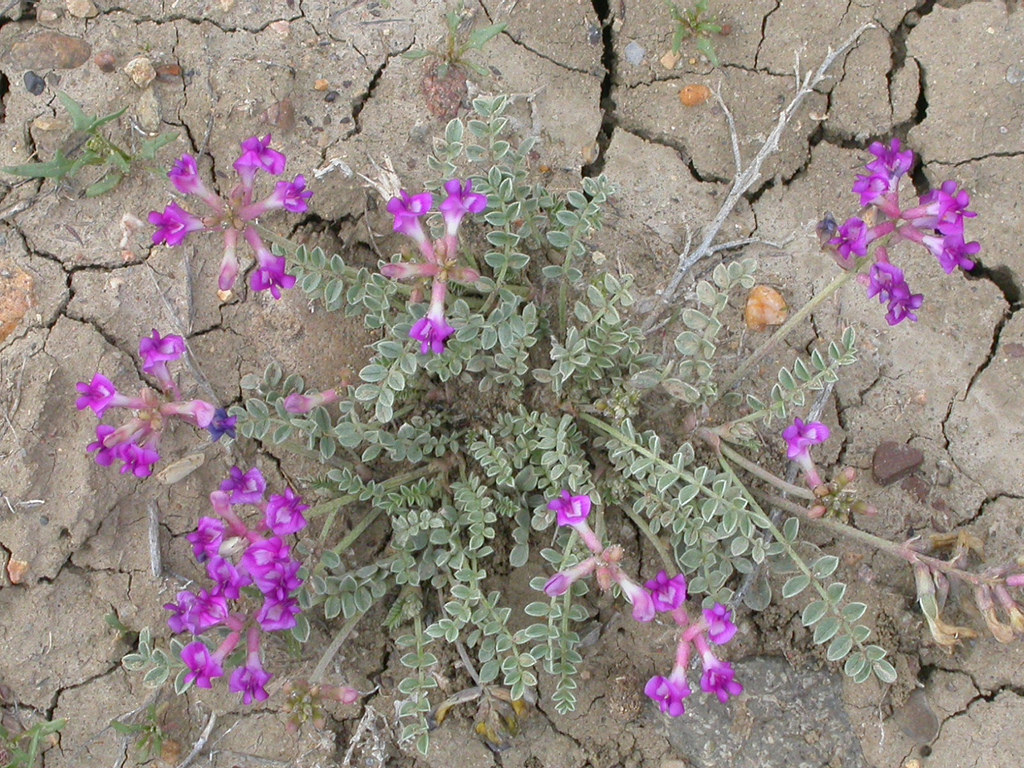
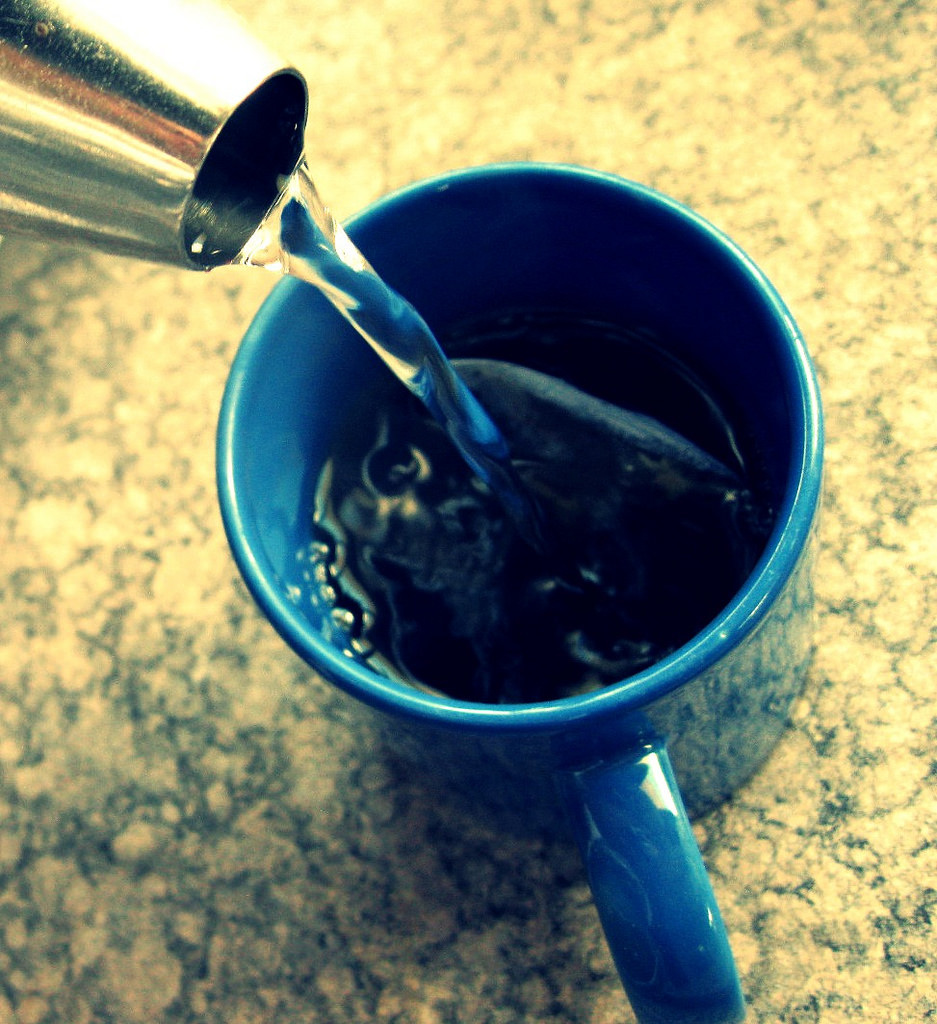
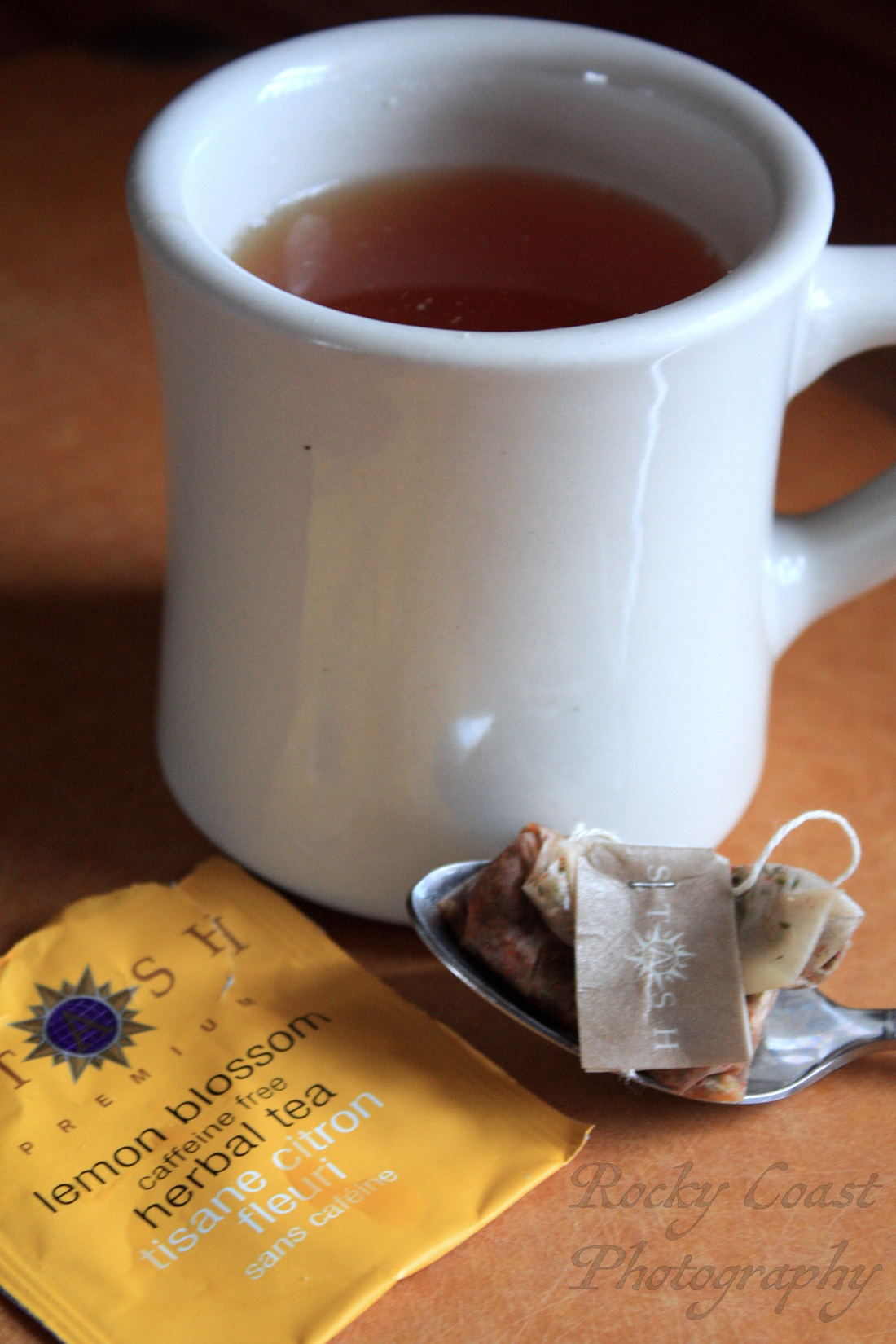

 RSS Feed
RSS Feed
